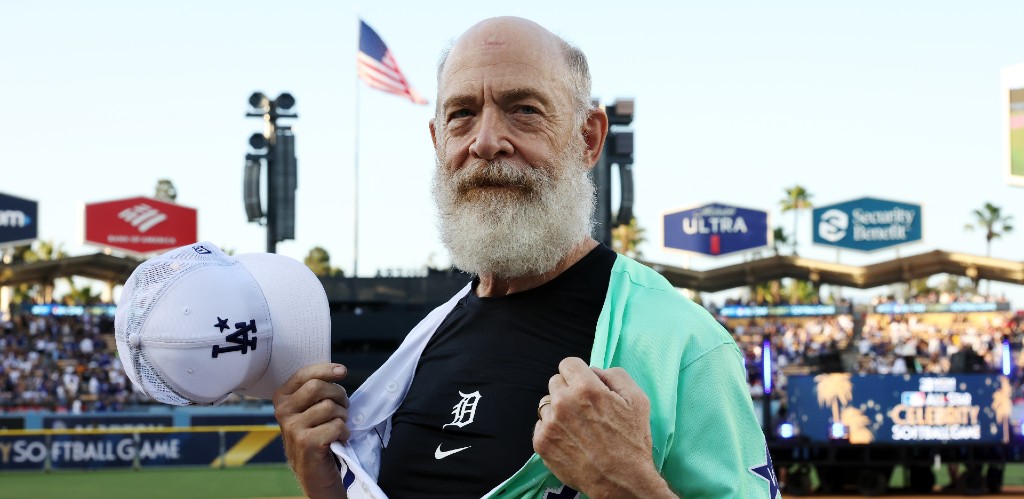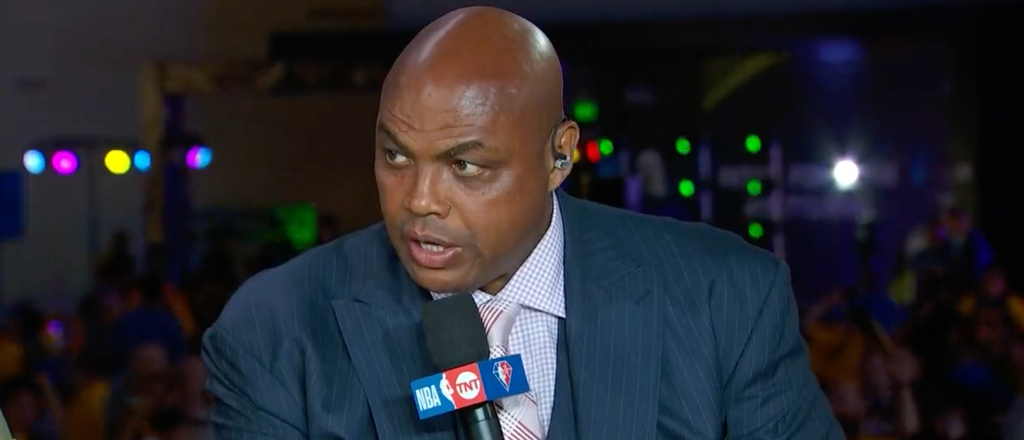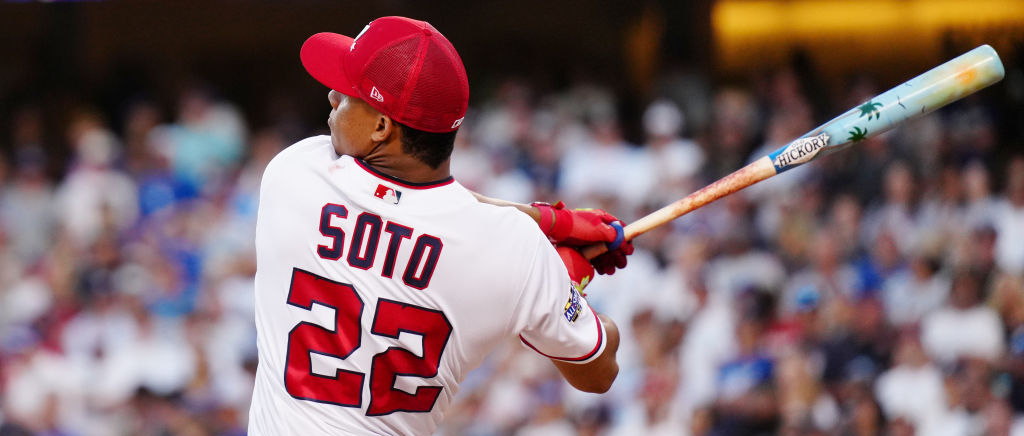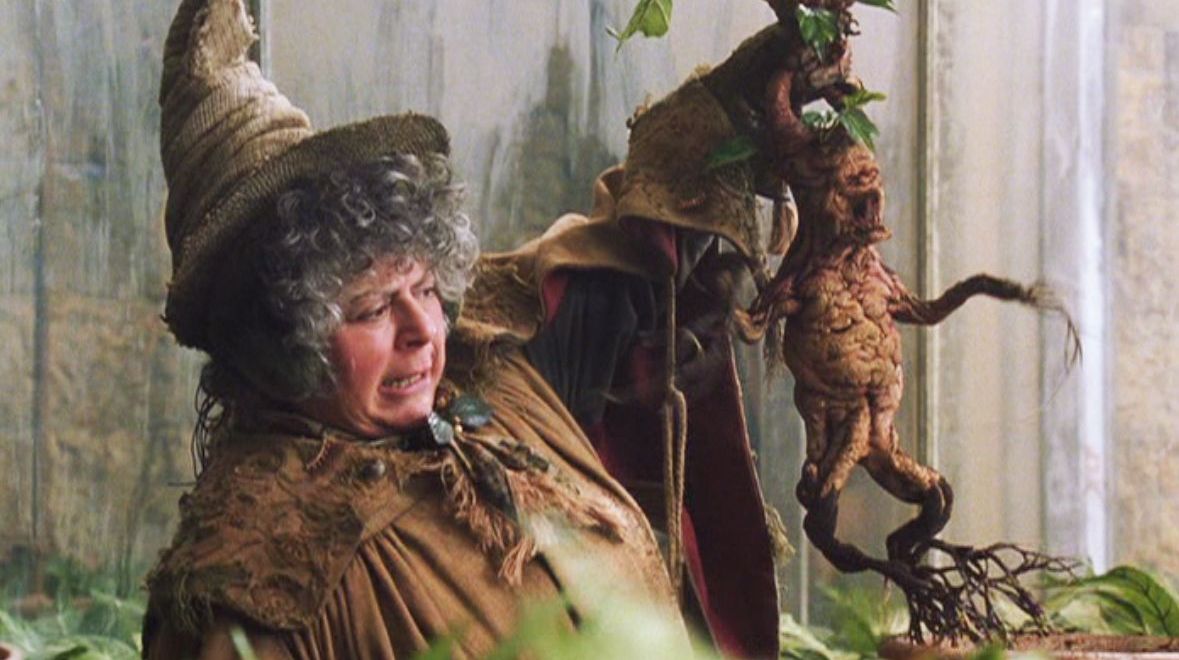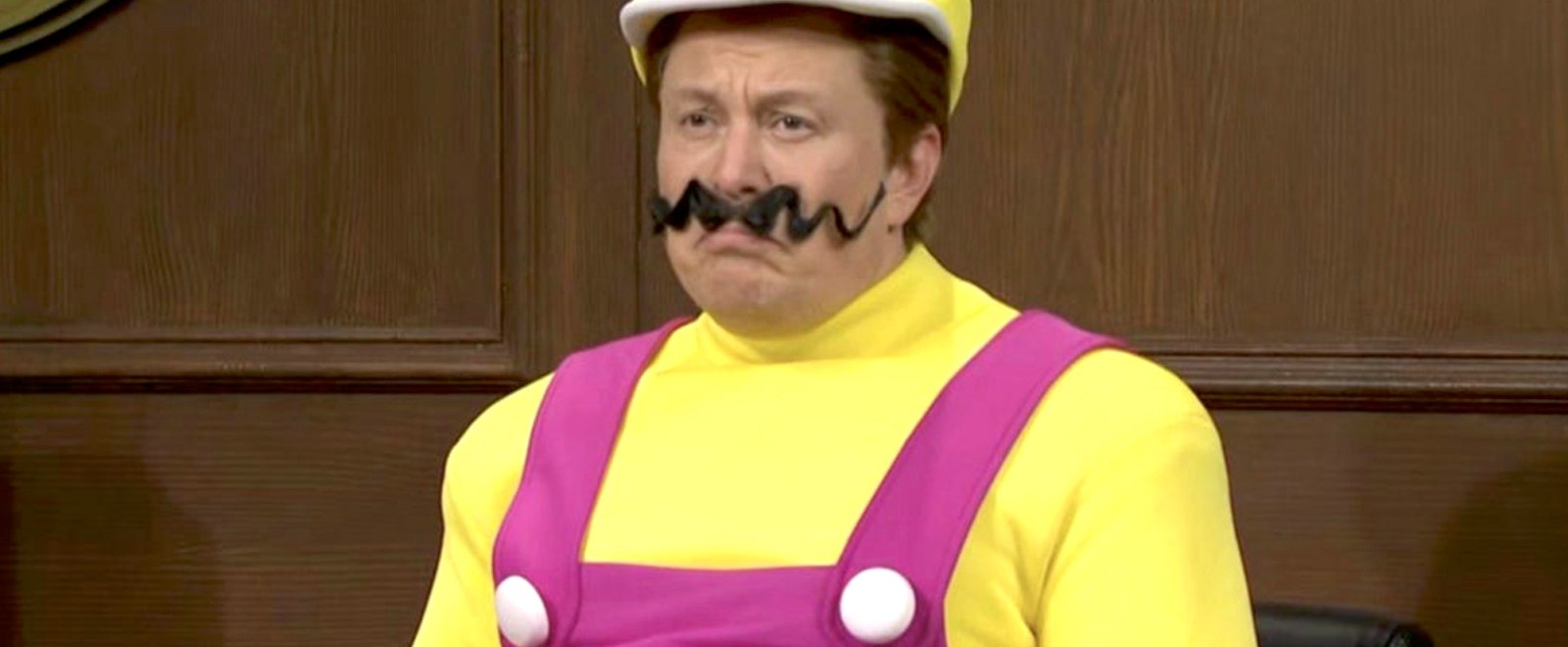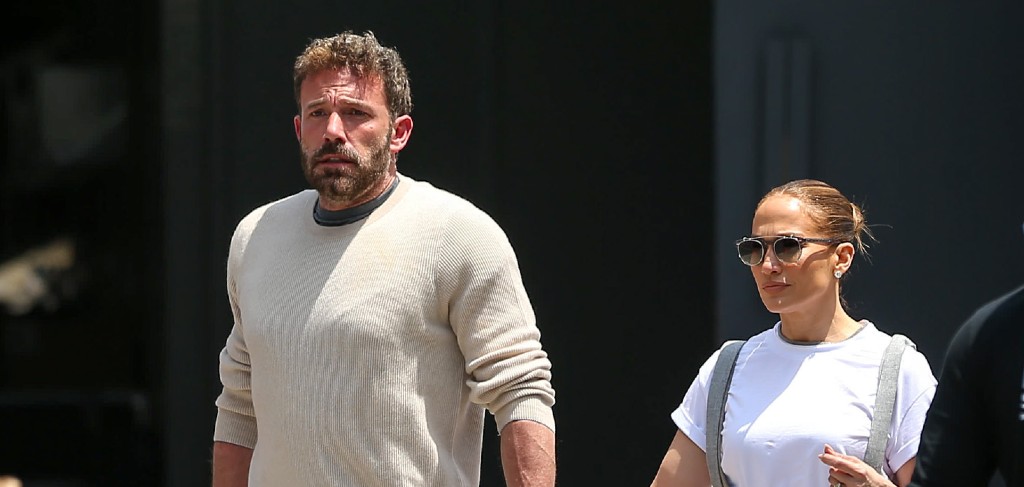
Derek Jeter was a model of consistency and stoicism during his playing days, someone who almost perfectly managed the intense media scrutiny that comes with playing in New York, robbing distractions of air before they could takeover the narrative and interrupt his and his team’s focus.
In retirement, Jeter has continued to draw eyes and clicks, because he’s Derek Jeter, a Hall of Fame inductee, husband, father, founder of Player’s Tribune, and former part owner and front person for the Miami Marlins. It’s a life, in totality, that fascinates, partly because Jeter has been so good at limiting his exposure to prying eyes. We want what we can’t have, which in this case means access.
But in an era where everything and everyone seemingly gets a 30 For 30 or a larger docuseries, it should have seemed inevitable that something like ESPN’s The Captain was coming. The question is, with Player’s Tribune producing the seven-part docuseries that debuted after last night’s Home Run Derby (and which you can stream on ESPN+), is this just more brand management?
Enter Randy Wilkins, the director of the project and a lifelong Yankees fan. Wilkins is on the hook to make sure that the series doesn’t feel like, in his words, “a Yankeeography.” And after watching the first five, I can state that it doesn’t, with executive producer Spike Lee’s handpicked director for the project probing Jeter’s life while also running back some of his many classic moments of grit, determination, and backpage attention-getting.
Jeter’s isolating ways, the allure of NYC nightlife, his fierce belief in loyalty, and the erosion of his friendship with Alex Rodriguez all get ample time in the spotlight. But it’s the fifth episode — which deals with race, community action, and complex calculations on whether speaking out in a world where Colin Kaepernick lost everything for doing exactly that — which presents a powerful and thought-provoking bit of commentary on the cross-section of sports and culture.
We caught up with Wilkins about avoiding his fan biases, Jeter’s level of control in terms of the content of the docuseries, whether baseball players should speak out more, and Jeter’s journey.
You grew up a Derek Jeter fan. Were there any moments where you found it hard to delve into certain areas or where you felt like you had to forcibly separate the fan from you as a filmmaker?
Oh, no. I willingly separated that before we even got into it. My primary responsibility is to tell a story that’s accessible to as many people as possible. So my fandom can’t really factor into it. I can’t really have a bias going into telling this story. So I think being a fan helped me because I knew a lot about Derek and Derek’s career. And I think that informed the story structure and what was important in terms of the baseball side of things.
But in terms of telling the story, my primary responsibility is to engage as many people as possible and not just, like, satisfy Yankees fans or present a biased story where it’s clear that this is just a fanboy journey for seven hours. So I was very conscious of making sure that bias and that fandom was put to the side and that we presented Derek in a way that made him accessible to everybody.
Players Tribune is a producer on this. So obviously Derek was involved in this process not just as a subject. What was the level of that involvement? The level of his guidance or lack of guidance with regard to what was being said and what was not being said? Did he have any kind of editorial control over it?
He did, but I mean, it was a collaboration, there was never a mandate. There was never something that was dictated to me to include or remove. We worked side by side. I know a lot of people will think, “he’s a prominent athlete, he has all control over it,” but that wasn’t the case. We worked side by side and if there were conversations that needed to be had, we had those conversations and arrived at a consensus that we were both happy with. So I wasn’t in a position where I had to make creative decisions because I was told to make that creative decision.
I think Derek, to his credit, was very open to being criticized in the project and to be deconstructed in a way that I don’t think really has happened to him publicly before.
Any specific takeaways from this experience where you were like, “Wow, I didn’t realize that that had happened?”
I think how important trust and loyalty are to Derek, and how that really is his moral compass when he deals with people off the field, but even in how he interacts with his teammates. And I think it has a lot to do with his leadership style. I think it has a lot to do with who he embraced in the clubhouse and who he might not have totally embraced in the clubhouse. I think that trust and loyalty are two very real tenets of how he views the world. And I knew about it, and you hear stories that Derek will cut you off, and you hear some kind of hint towards that, but the depth in which he reveals that in multiple ways, both on the field and off the field, was something that I wasn’t really prepared for. It feels like it really drives a lot of how Derek interacts with the world.
Yeah, that was really interesting. What was the quote? “Loyalty one way is stupidity?”
Yeah, when he said that, I was like, “Whoa.”
Him specifically talking about how he sort of looks at every interaction as, “What do you want from me?” I think that was really telling and really interesting. I’m curious what you thought about that.
It goes back to that surprise of how much trust and loyalty really matter to him. And I think that it’s revealing in the sense that, you’re guarded with the media for obvious reasons, but even on a personal level, you’re incredibly guarded, and it feels like you’re forced to be that way. And it’s hard for me to really understand what it’s like to live day to day like that. And I think Derek admits that it’s, in some ways, a character flaw. I think it’s something that he recognizes that might not be the best thing for him.
So I appreciated that candor. But I try to put myself in his shoes as well and being around him now that we’re doing press and we’ve had some things and I’ve been in the public with him, I kind of get it. People always want something from him, whether it’s something small or something big. So I understand being on guard the entire time because you don’t know who you’re coming across.
You wonder if him waiting to have a family until after his career is part of it, too, if he just completely shut off himself from that level of vulnerability that’s obviously required to be in a relationship with somebody, before that point [when he stops playing]. Speculation, of course.
Actually, it’s perceptive and true. I mean, we talk about it in the sixth episode. He always wanted a family, but I think part of it too is that he could be vulnerable with people that he loved and had immediate access to them. You know what I mean? So he could relax and drop his shoulders a little bit and be around people that he trusts and that he cares for, and is protected from all of those responsibilities and the things that come along with celebrity.
So he wanted to wait to have a family because for him, baseball was number one. His career was number one, and he wasn’t going to negotiate that. So I think having a family afterwards allowed him to put all of his energy and focus on raising a family, being a husband, being a dad. And I think part of that too is, it protects him from some of the public demands that he had for so long.
What’s the decision like when you have that “colorless” quote from Wallace Matthews [wherein the longtime sportswriter also said Jeter did not identify racially]? Like, do you instantly know, okay, we’re going back to Derek with this? Like, how does that kind of break down?
We were going to ask him, so we wanted to prepare Derek for it so he wasn’t caught off guard. You know, it was just like a matter of respect so that it didn’t blindside him. Because he obviously didn’t know that this was said prior to like another interview. So we sent it to him. We let him know that we were going to use it, that this was going to be a part of it because it’s such an inflammatory statement that we wanted to put it in there, but we wanted to give him an opportunity to speak his truth, and his family as well.
Did you show Wallace Matthews Derek’s response as well?
Oh no, there wasn’t a response. We gave him a chance to kind of like pull it back and he just kept going.
The NBA made a statement about Dobbs with the WNBA, LeBron and Kyrie spoke out, Joe Burrow from the Bengals. Baseball’s been mostly silent. I know, in the doc, Derek mentioned the toll that athletes can endure if they speak out [on social issues] — Colin Kaepernick being a perfect example of someone who was vocal on a social cause and then got run out of the league, as Derek mentioned. What’s your stance, personally, on if baseball players should be saying more on these social issues?
I think baseball players absolutely should be speaking out more about this. I think that baseball romanticizes tradition and history, but I think that there is an over-reliance on that history and it ignores the present, and I think it ignores the responsibility of the platform that they have. And I think in many cases, Major League Baseball and some of the players hide behind that tradition, and I think they hide behind some of the practices that have been passed down from generations of players to generations of players. And I think that they use that as an easy out, not to say something that requires some courage.
And I think that there need to be more players that speak out and break from those norms that exist within Major League Baseball, and I think it’s absolutely necessary to take place. I think that there needs to be a change in Major League Baseball on a lot of levels, both on the field and off the field, and I think culturally, there needs to be a lot of work done. So I think part of that is breaking that cycle of hiding behind tradition, and just jumping in and talking about things that need to be talked about.
‘The Captain’ is a seven-part series that will stream on ESPN+

